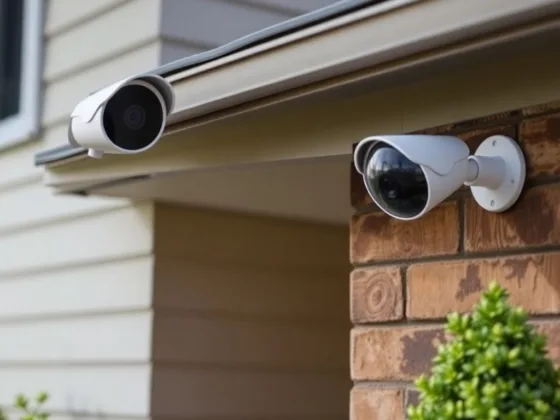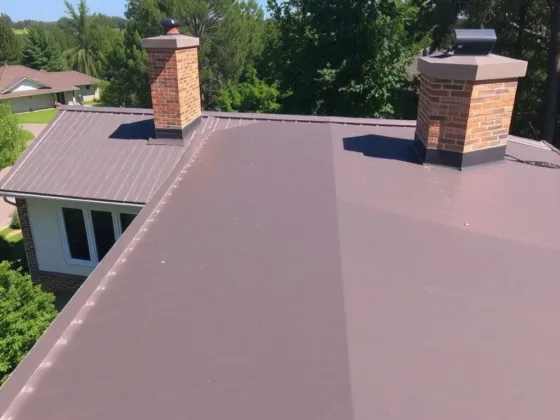Table of Contents Show
If you’re thinking of buying a home, you’ll need to be absolutely sure of the decision before making any offers. Getting the right home needs research.
There are so many variables and moving parts. This could be overwhelming for first-time homebuyers that don’t have the slightest idea of what to expect.

To separate the grain from the chaff, there are some key questions you’ll need to ask yourself, and we’re going to highlight some of them.
What is the Total Budget?
It can be a big mistake to start house hunting without knowing how much you can afford. In addition to the sales prices, other costs come with purchasing a house that you’ll need to be aware of from the onset.
Such costs include insurance, property tax, maintenance, and renovation. For your offer to be taken seriously, the seller will want proof that you can afford the house, and that’s why it’s important to get preapproved.
Why is the House Being Sold?
You’ll need to figure out a motivation for negotiation, and this will only be possible if you get to know the reason for the house being sold.
A good agent will always try to find out about such details since they’ll work in your best interest. Davy Talley – Keller Williams is an example of a realtor that works tirelessly for clients to ensure that they’re getting the best deal possible.
Are There Any Problems with the House?
Not a lot of sellers will be upfront with this information and might even leave out important details. That is why it’s important to ask questions about any potential problems with the house even before the inspection is done.
You should ask for a comprehensive loss underwriting exchange which will provide a report on any insurance claims that might have been made in the last seven years. This information is only available to the homeowner.
Read Also:
What Renovations Have Been Completed in the Recent Past?
County records are not always accurate or descriptive as we’d want them to be. This is true if the homeowner is the one that was in charge of getting the permits approved.
The best way you can know about the additions or renovations is by asking directly. You should be wary if there isn’t any proper documentation, as you could be the one on the hook when you buy the property.
What Will Be Included in the Sale?
All fixtures will typically be included in the sale. The most common items will include window blinds, faucets, and cabinets.
It’s not good to assume that there are items included in the sale only to find out later that isn’t the case. The listing document should also highlight the exclusions so that there are no assumptions.
Ask if the kitchen appliances are also included in the sale.
How Old are the Appliances?
It is not just enough to know what appliances are available; their age and condition should also be considered. You need to anticipate the lifespan of the major appliances in the home to plan the replacement accordingly.
There could be wiggle room for negotiating depending on the condition of the appliances. If the appliances are old, you can ask the seller to include a warranty.
This will ensure you don’t have to spend a lot of money on the replacements.
How Long Has the Home Been on the Market?
A seller is likely to agree to a deal if the home has been on the market for a while. They’ll not want people to speculate why the home has not yet been sold despite being in the market for a long time.
One of the reasons for homes not getting buyers is because the price isn’t right. There could also be underlying issues that only come to light after an inspection.
You need to find out the main reason why the house hasn’t been sold yet.
How is the Neighborhood?
It can be a tad too challenging to get the true vibe of the neighborhood when you’ve just moved. Are there schools and social amenities nearby? What about the security and cost of living? Working with a local realtor can help in answering such questions.
Are There Health Hazards?
Has there been mold remediation in the past? The presence of mold or radon can be expensive to deal with and can also interfere with the loan approval process.
The seller should be able to provide proper documentation on such issues and also to provide and assurance they’ve been fixed.










